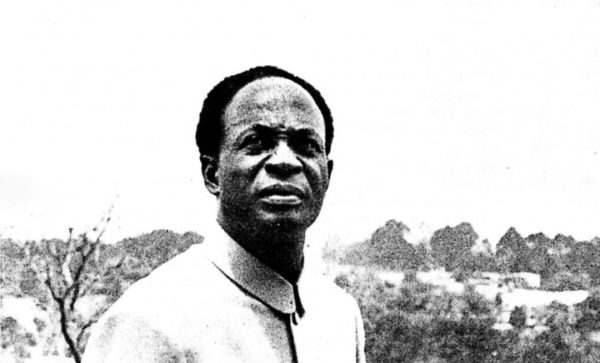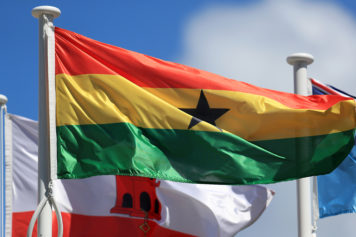Kwame Nkrumah helped Ghana gain its independence from its British colonizers in 1957. Nkrumah became the country’s first prime minister (1957) and first president (1960). As a Pan-Africanist, Nkrumah was eager to unite Africa, and specifically, help Ghana become completely independent from the colonial trade system by reducing its dependence on foreign capital, technology and material goods.
In February 1966, a mere five years into his presidency, Nkrumah was ousted by a coup led by dissident army officer Emmanuel Kwasi Kotoka and the National Liberation Council. Nkrumah believed the CIA had supported the coup but had little evidence to back up his suspicion.
According to seeingblack.com, documents published in November 1999, prepared by the State Department’s Office of the Historian and written by a National Security Council staffer and unnamed CIA officers revealed the CIA’s involvement during the administration of President Lyndon B. Johnson.
The documents revealed the CIA had knowledge of the plot at least a year prior. Leading up to the coup, William P. Mahoney, the U.S. ambassador to Ghana who served as a spy for the CIA, recommended policies be put in place to weaken Nkrumah’s confidence in ruling the country. In addition, Nkrumah’s request for aid was denied and his fears of an impending assassination were encouraged not squelched by Mahoney.
After the coup, former CIA analyst and acting special assistant for national security affairs, wrote a congratulatory assessment to President Johnson on March 12, 1966:
“The coup in Ghana is another example of a fortuitous windfall. Nkrumah was doing more to undermine our interests than any other black African. In reaction to his strongly pro-Communist leanings, the new military regime is almost pathetically pro-Western.”
Less than 20 years later, it was believed the CIA was involved in a failed coup against the military government of Lt. Jerry Rawlings by dissident Godfrey Osei.



